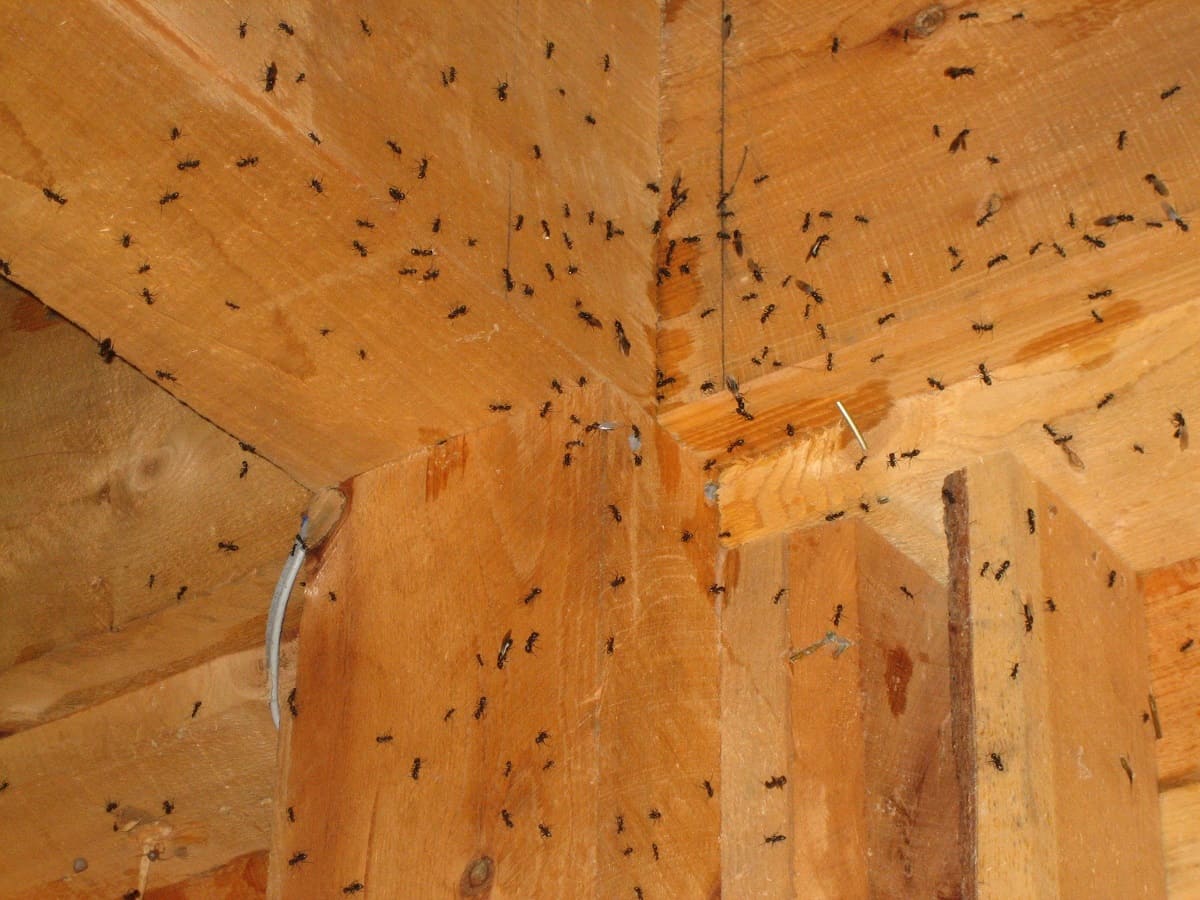

Articles
How To Get Rid Of Ants In Basement
Modified: January 6, 2024
Looking for effective methods to eliminate ants in your basement? Check out these informative articles that provide practical tips and solutions for getting rid of ants for good.
(Many of the links in this article redirect to a specific reviewed product. Your purchase of these products through affiliate links helps to generate commission for Storables.com, at no extra cost. Learn more)
Introduction
Welcome to our guide on how to get rid of ants in the basement. Dealing with an ant infestation can be frustrating and disruptive, especially when it occurs in one of the most essential areas of your home. Ants are social insects that live in colonies, and once they find a reliable food and water source, they will quickly establish trails leading to it. Unfortunately, basements can be an attractive destination for ants, as they provide darkness, moisture, and potential food sources.
In this article, we will provide you with a step-by-step approach to eliminate ants in your basement. By following these effective methods, you can regain control over your living space and prevent future ant invasions. So, without further ado, let’s jump right in!
Key Takeaways:
- Identify the Source: Trace ant trails, inspect food and water sources, and locate nesting sites to develop an effective ant control strategy for your basement.
- Natural Remedies and Ant Traps: Utilize natural solutions like vinegar and peppermint oil, and set up ant traps strategically to deter and eliminate ants in your basement.
Read more: How To Get Rid Of Ants In Pantry
Step 1: Identify the Source
The first step in getting rid of ants in the basement is to identify the source of the infestation. Ants are attracted to food and water sources, so it’s essential to trace their trails and locate the origin of their activity. Here’s how you can identify the source:
- Observe Ant Trails: Take note of the areas where you see ants moving in a line. Follow the trail to see where they are coming from and where they are headed. This will help you determine their entry points and potential nesting sites.
- Check for Food Sources: Ants are highly motivated by the presence of food. Look for any spilled food, crumbs, or food containers that may have attracted them. Pay close attention to areas where you store food in the basement.
- Inspect for Water Leaks: Moisture can also attract ants. Check for any signs of water leaks, condensation, or damp areas in your basement. Ants may be drawn to these areas to access water.
- Search for Nesting Sites: Ants usually build their nests near their food and water sources. Look for potential nesting sites such as cracks in the walls, gaps in the flooring, or behind appliances. Ants may also create nests in piles of firewood or cardboard boxes.
By carefully observing ant trails and investigating potential food and water sources, you can pinpoint the areas that need to be targeted to eliminate the infestation. Understanding the source of the problem will help you develop an effective ant control strategy for your basement.
Step 2: Clean and Declutter
Once you have identified the source of the ant infestation in your basement, it’s time to roll up your sleeves and start cleaning. Ants are attracted to dirt, crumbs, and clutter, so by maintaining a clean and organized space, you can discourage them from returning. Here’s what you need to do:
- Remove Clutter: Start by decluttering your basement. Get rid of any unnecessary items, such as old boxes, newspapers, or cardboard, as these can provide hiding places for ants.
- Clean Thoroughly: Sweep or vacuum the floors to eliminate any crumbs or food particles that could be attracting ants. Use a damp cloth or mop to wipe down surfaces and remove any sticky residue.
- Seal Food Containers: Store all food items in airtight containers to prevent ants from accessing them. This includes pet food, as ants can be drawn to it as well.
- Empty Trash Regularly: Make sure to dispose of trash promptly and keep trash bins clean. Ants can be enticed by the smell of food remnants in the garbage.
- Address Moisture Issues: Fix any water leaks or plumbing problems in your basement. Wipe away excess moisture and ensure proper ventilation, as a damp environment can attract ants.
By cleaning and decluttering your basement, you can eliminate potential food and water sources that attract ants. This step sets the foundation for effective long-term ant control, as it creates an environment that is less welcoming to these pests.
Step 3: Block Entry Points
Now that you have cleaned and decluttered your basement, the next step is to block the entry points that ants are using to gain access. Ants are incredibly small, so they can squeeze through tiny cracks and gaps in walls, windows, doors, and foundations. By sealing off these entry points, you can effectively prevent ants from entering your basement. Here’s what you need to do:
- Inspect for Cracks and Gaps: Carefully inspect the walls, windows, doors, and floors for any cracks or gaps that ants could use as entry points. Pay close attention to areas where pipes and wiring enter your basement.
- Use Caulk or Sealant: Fill in any cracks, gaps, or holes with caulk or sealant to create a barrier. Be thorough in your application, ensuring that there are no openings left for ants to squeeze through.
- Install Door Sweeps: Install door sweeps or weather stripping on doors leading to the basement to close off any gaps at the bottom. This will prevent ants from crawling under the door.
- Repair Window Screens: Check the screens on your basement windows and repair any tears or holes. This will help keep ants from entering through open windows.
- Seal Foundation Cracks: Examine the foundation of your home and seal any cracks or gaps that ants could exploit to gain entry. Use a concrete sealant for this purpose.
By blocking off the entry points, you are creating a physical barrier that makes it difficult for ants to infiltrate your basement. This step is crucial in preventing future infestations and maintaining a pest-free environment.
Seal off entry points and keep the basement clean and dry to discourage ants. Use ant baits or sprays to eliminate existing colonies. Keep food tightly sealed.
Step 4: Use Natural Remedies
If you prefer to use natural methods to eliminate ants in your basement, there are several effective remedies that you can try. These natural solutions are safer for your health, as well as the environment. Here are some natural remedies you can use to get rid of ants:
- Vinegar: Ants dislike the strong smell of vinegar. Mix equal parts of white vinegar and water in a spray bottle and spritz it along ant trails, entry points, and other areas where ants are present.
- Peppermint Oil: Peppermint oil has a strong scent that repels ants. Mix a few drops of peppermint oil with water and spray it around ant-infested areas and entry points.
- Citrus Peels: Ants are repelled by the scent of citrus. Place citrus peels, such as orange or lemon, near ant trails or in areas where ants are entering your basement.
- Diatomaceous Earth: Diatomaceous earth is a natural substance that is effective in killing ants. Sprinkle food-grade diatomaceous earth along ant trails and entry points. The fine particles will stick to the ants’ bodies and dehydrate them.
- Baking Soda and Sugar: Create a bait by mixing equal parts of baking soda and sugar. Ants will be attracted to the sugar and unknowingly consume the baking soda, which will eventually kill them.
- Essential Oils: Other essential oils like lavender, tea tree, and eucalyptus can also repel ants. Mix a few drops with water and spray it around ant-infested areas.
These natural remedies can be effective in deterring and eliminating ants in your basement. However, it’s worth noting that they may not provide immediate results and may require prolonged use. Experiment with different methods to find the one that works best for your situation.
Read more: How To Get Rid Of Ants On Porch
Step 5: Set Up Ant Traps
Setting up ant traps can be an effective way to lure and eliminate ants in your basement. Ant traps work by attracting ants with a bait that contains a slow-acting poison. The ants will carry the bait back to their colony, where it will be shared with other ants, including the queen. Here’s how to set up ant traps:
- Choose the Right Ant Traps: Look for ant traps that are specifically designed to target the type of ants you are dealing with. There are various types of ant traps available, such as gel baits, liquid baits, and bait stations.
- Place the Traps Strategically: Put the ant traps along ant trails or near entry points. You can also place them in areas where ants are frequently seen in your basement.
- Don’t Disturb the Traps: Avoid moving or disturbing the ant traps once they are set up. Ants need time to find the bait, consume it, and bring it back to their colony.
- Monitor and Replace Traps: Regularly check the traps to see if they are being populated by ants. Replace the traps when they are full or when their effectiveness diminishes.
- Be Patient: It may take some time for the ant traps to fully eliminate the colony. Be patient and continue to monitor the situation.
Ant traps are an effective and convenient method to eliminate ants in your basement. They are relatively safe to use around children and pets when used according to the manufacturer’s instructions. If you have a severe ant infestation or if the traps are not providing the desired results, you may need to consider seeking professional pest control services.
Step 6: Call Professional Pest Control
If you’ve tried various DIY methods and the ant infestation in your basement persists or worsens, it may be time to call in the professionals. Professional pest control companies have the expertise and resources to effectively deal with stubborn ant infestations. Here’s why you should consider contacting professional pest control:
- Identify the Extent of the Infestation: Pest control experts can assess the severity of the ant infestation in your basement. They have the knowledge and experience to identify the species of ants involved and locate hidden nests.
- Develop a Customized Treatment Plan: Based on their assessment, professional pest control technicians can create a tailored treatment plan to effectively eliminate the ant infestation. They will use a combination of methods and products that are safe and effective.
- Ensure Proper Application: Pest control professionals know how to apply pesticides and treatments safely and efficiently. They will take the necessary precautions to protect you, your family, and the environment.
- Provide Long-Term Solutions: Professional pest control services not only address the current ant infestation but also offer long-term solutions to prevent future occurrences. They can provide recommendations on pest-proofing your basement and implementing preventive measures.
- Save Time and Effort: Dealing with an ant infestation can be time-consuming and frustrating. By hiring professional pest control, you can save valuable time and effort, allowing you to focus on other important tasks.
When choosing a professional pest control company, be sure to do your research, read reviews, and select a reputable and experienced provider. Don’t hesitate to ask questions and inquire about their methods and the products they use.
In summary, calling professional pest control is a viable option when all other DIY methods have failed or when dealing with a severe ant infestation. Their expertise and specialized treatments can help you regain control of your basement and ensure a long-term solution to the ant problem.
Conclusion
Dealing with an ant infestation in your basement can be a frustrating and challenging experience. However, by following the steps outlined in this guide, you can effectively eliminate ants and prevent future infestations. Here’s a recap of the steps:
- Identify the Source: Determine where the ants are coming from and locate their food and water sources.
- Clean and Declutter: Keep your basement clean, tidy, and free of food debris and standing water.
- Block Entry Points: Seal off cracks, gaps, and other openings to prevent ants from entering your basement.
- Use Natural Remedies: Try natural remedies like vinegar, peppermint oil, or diatomaceous earth to repel and eliminate ants.
- Set Up Ant Traps: Place ant traps strategically to lure and eliminate ants and their colonies.
- Call Professional Pest Control: If DIY methods are not effective, consider contacting professional pest control for expert assistance.
Maintaining a clean and organized basement, along with regular inspections and preventive measures, can help keep ants at bay. Remember, persistence is key when dealing with ant infestations, as it may take time to eliminate them completely.
By following the steps outlined in this guide and taking appropriate measures, you can reclaim your basement from ants and enjoy a pest-free living space. Remember, if you’re unsure or dealing with a severe infestation, it’s always best to consult with professional pest control for effective and targeted solutions.
Good luck in your battle against ants in your basement!
Frequently Asked Questions about How To Get Rid Of Ants In Basement
Was this page helpful?
At Storables.com, we guarantee accurate and reliable information. Our content, validated by Expert Board Contributors, is crafted following stringent Editorial Policies. We're committed to providing you with well-researched, expert-backed insights for all your informational needs.
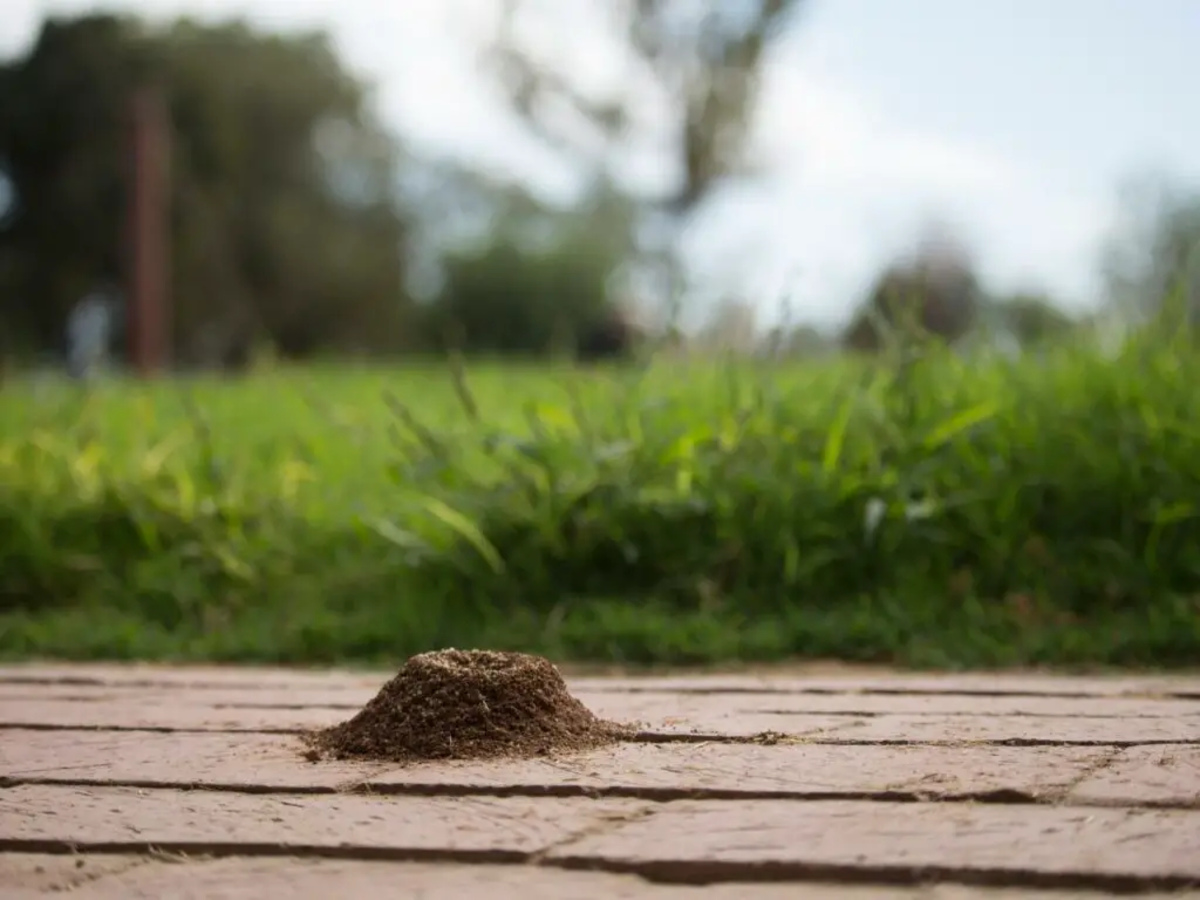


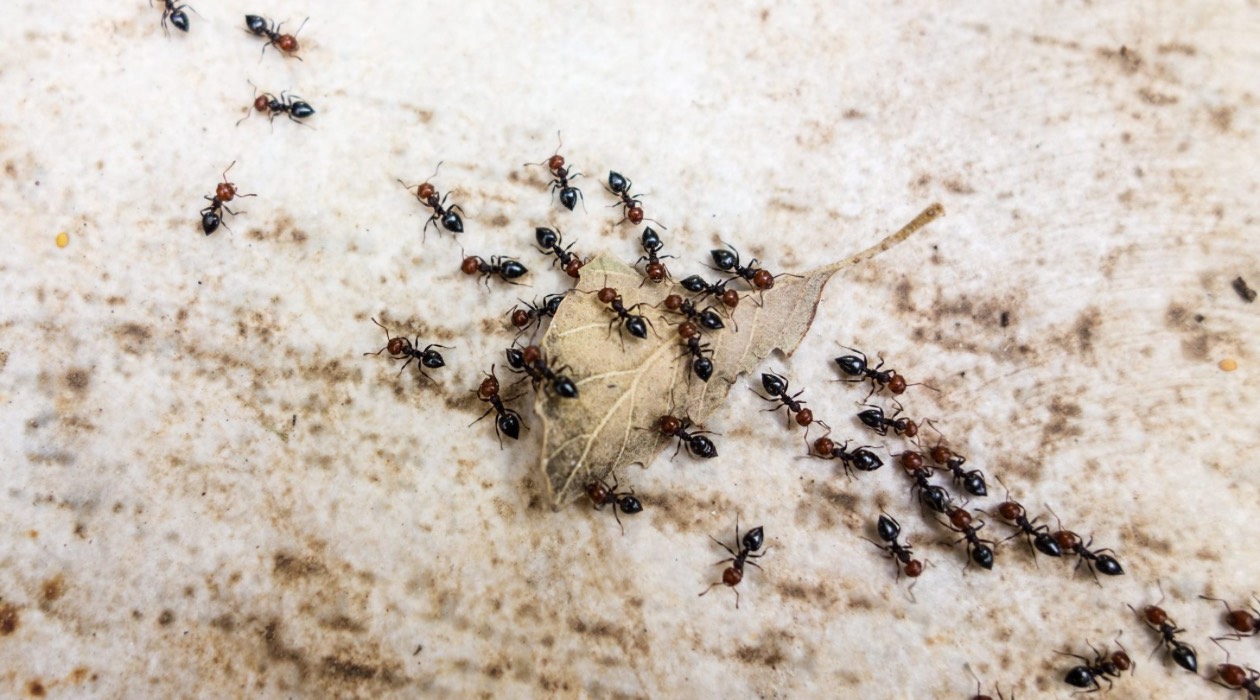
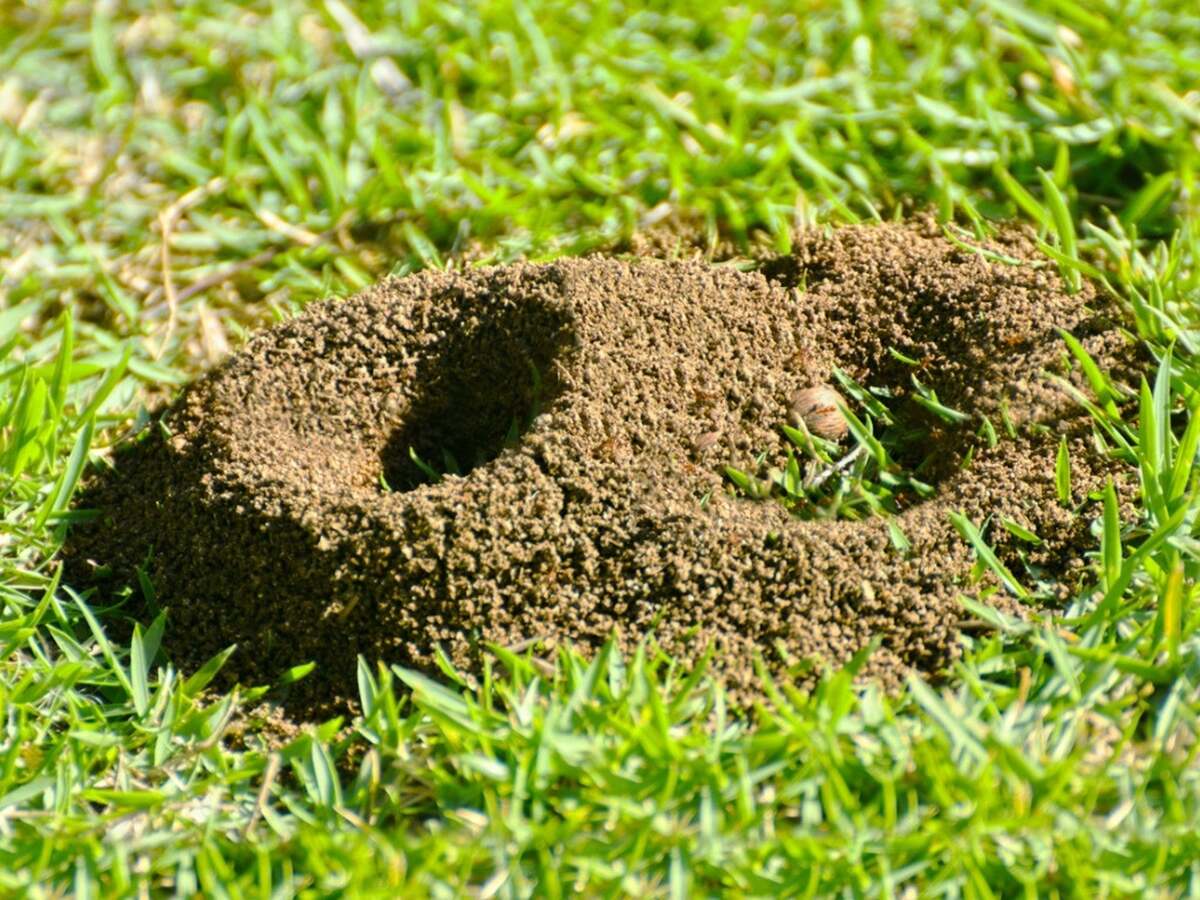

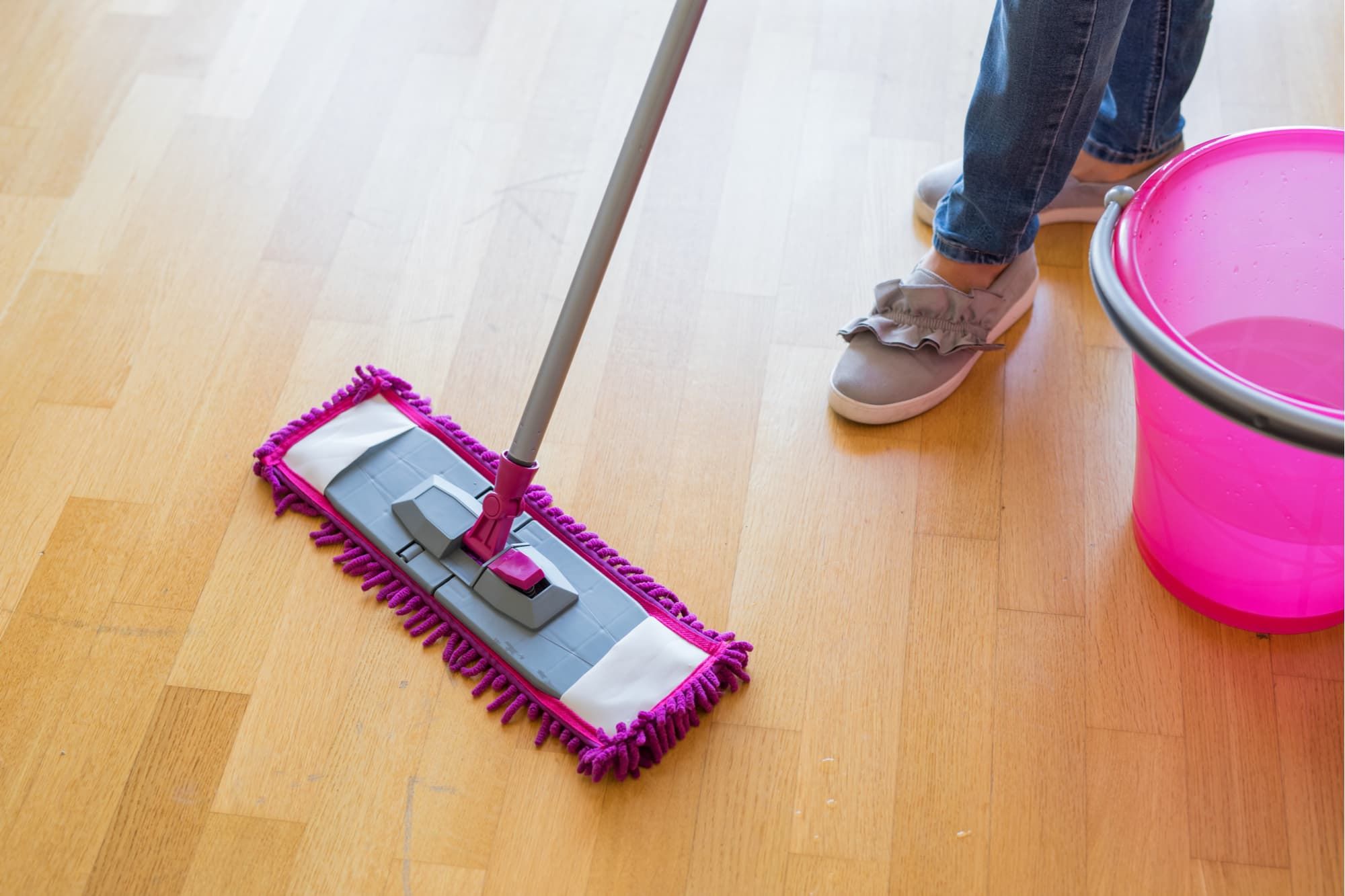
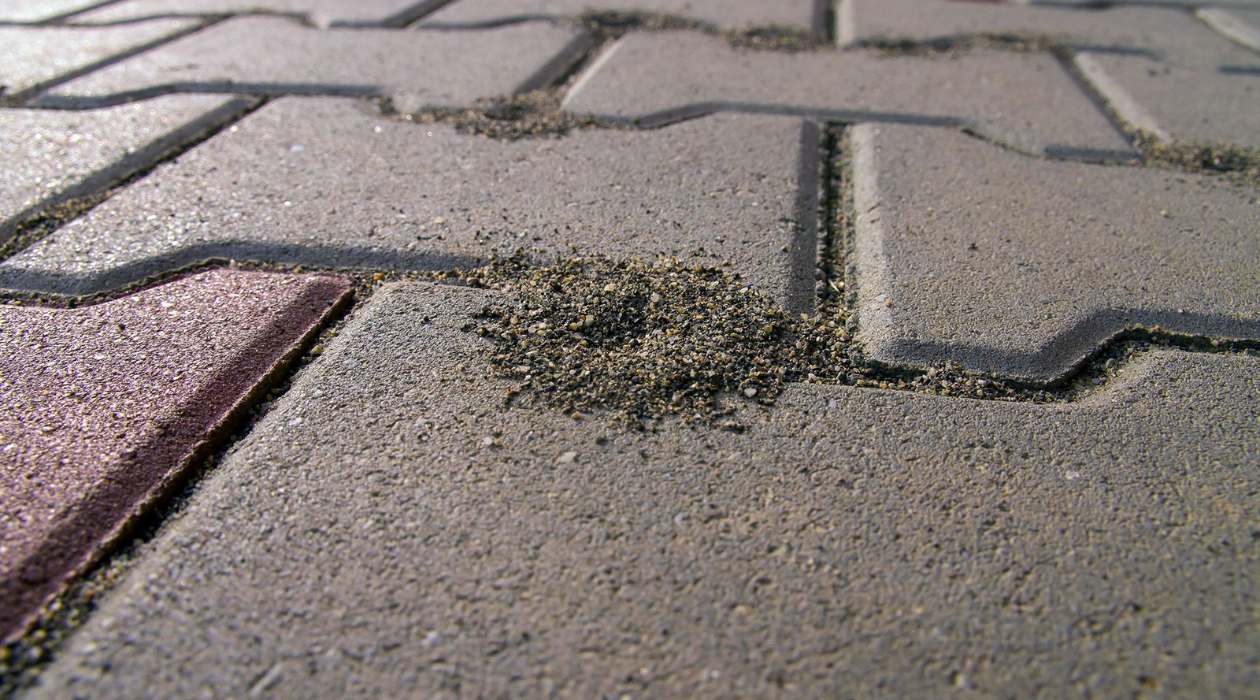
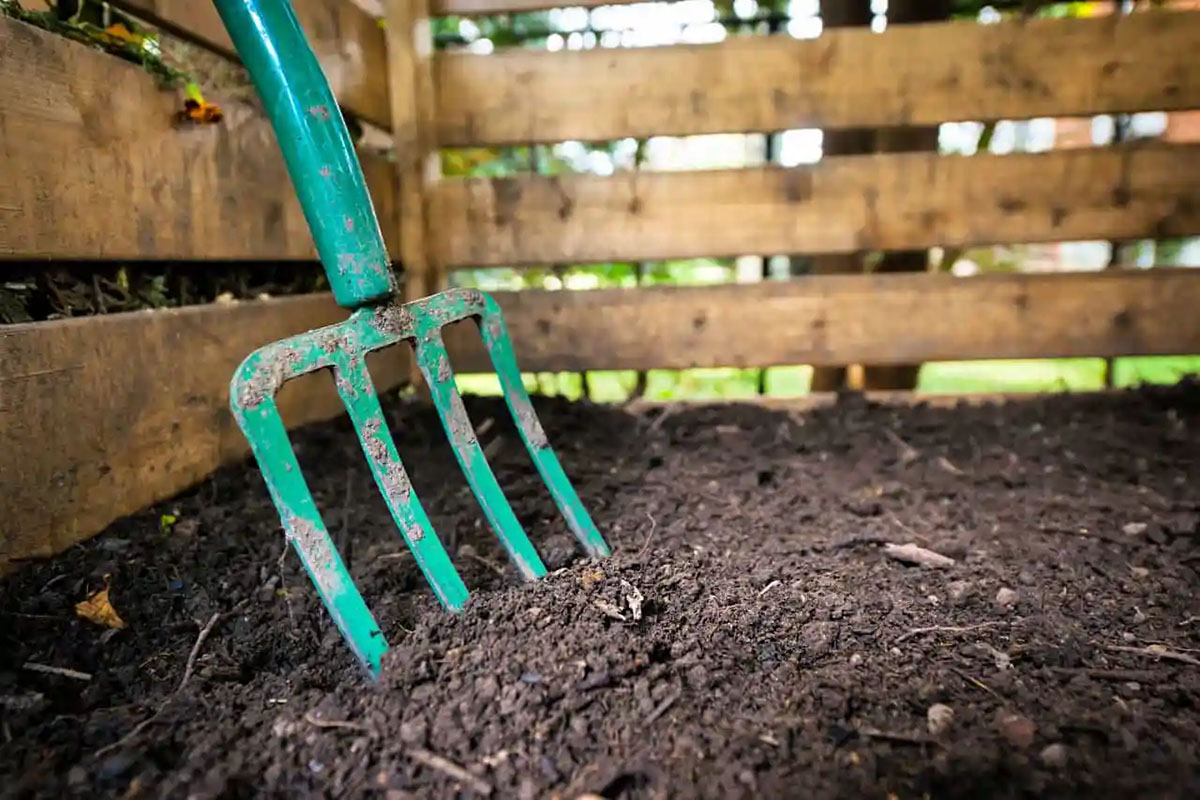
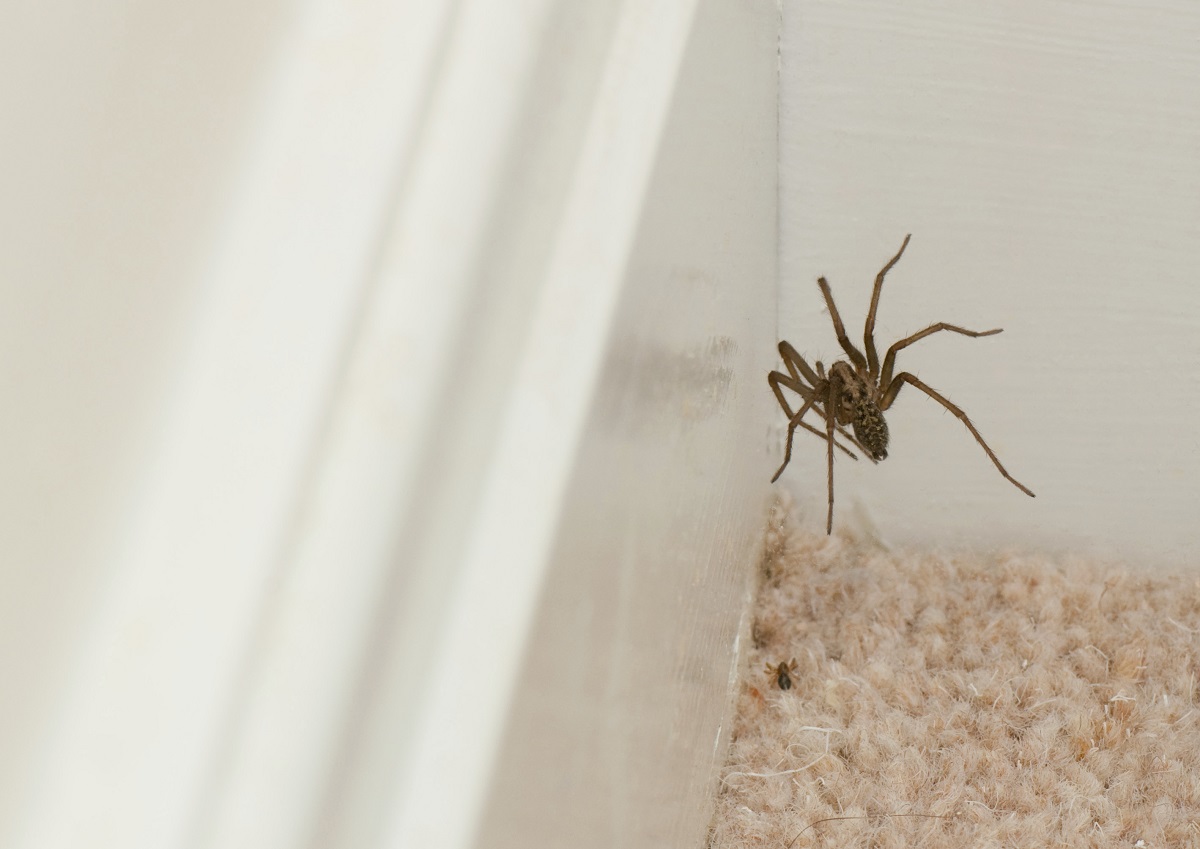
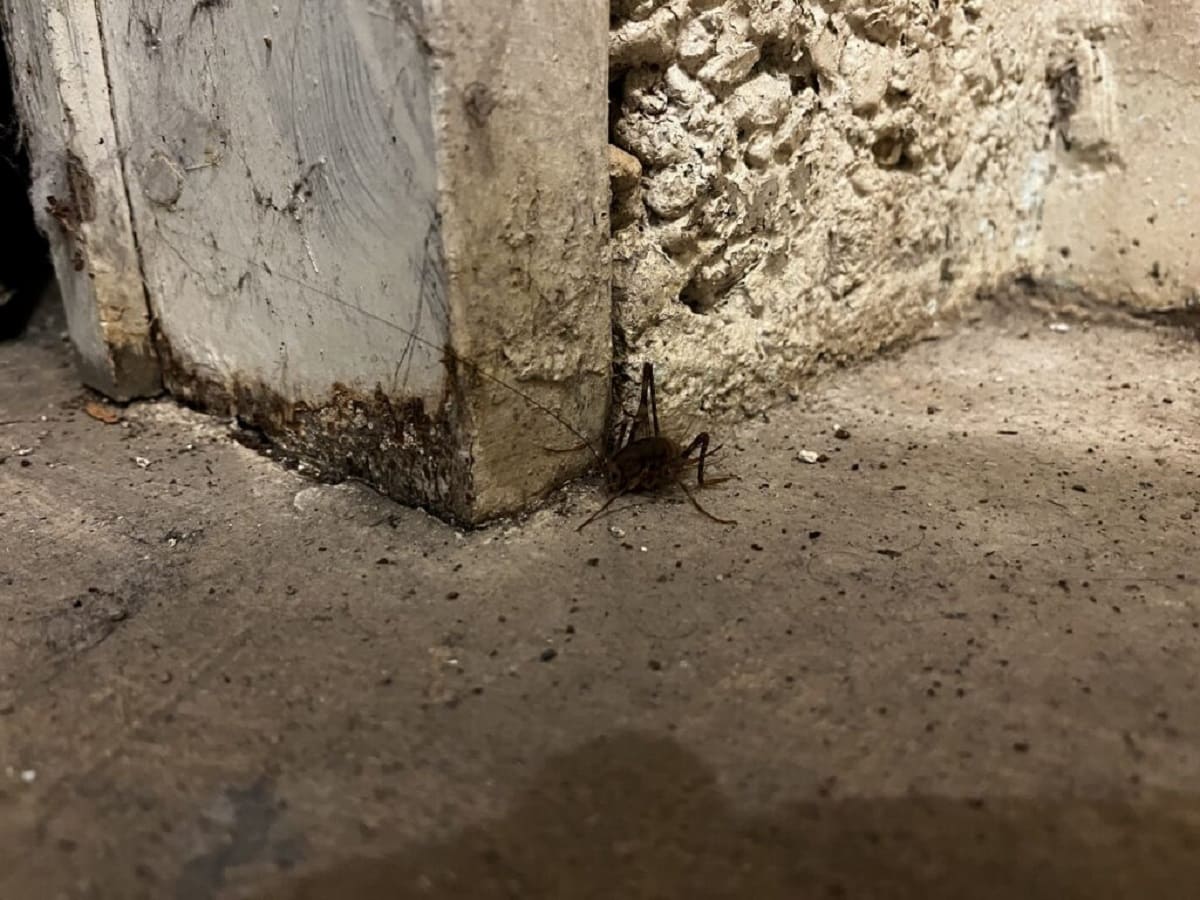
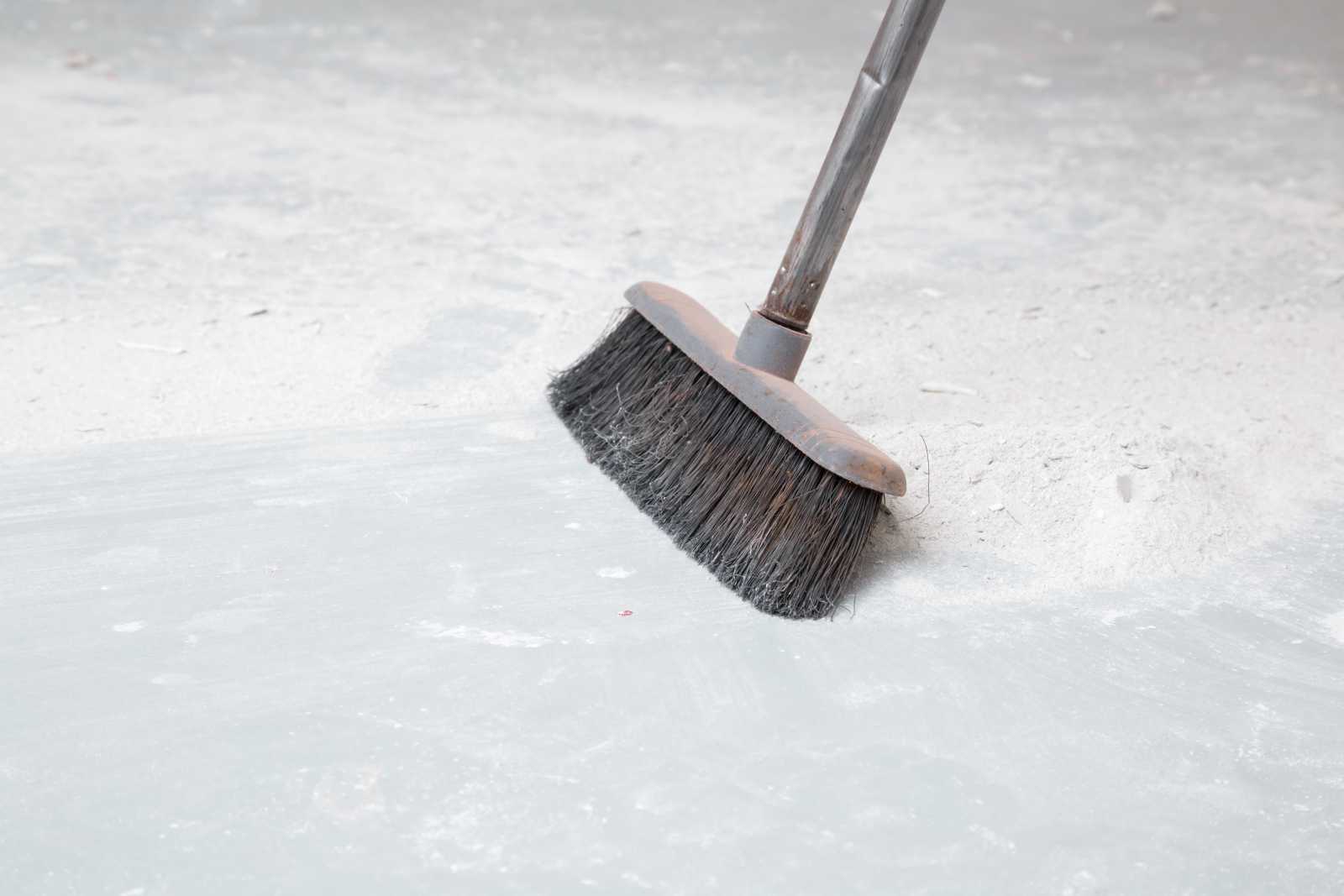
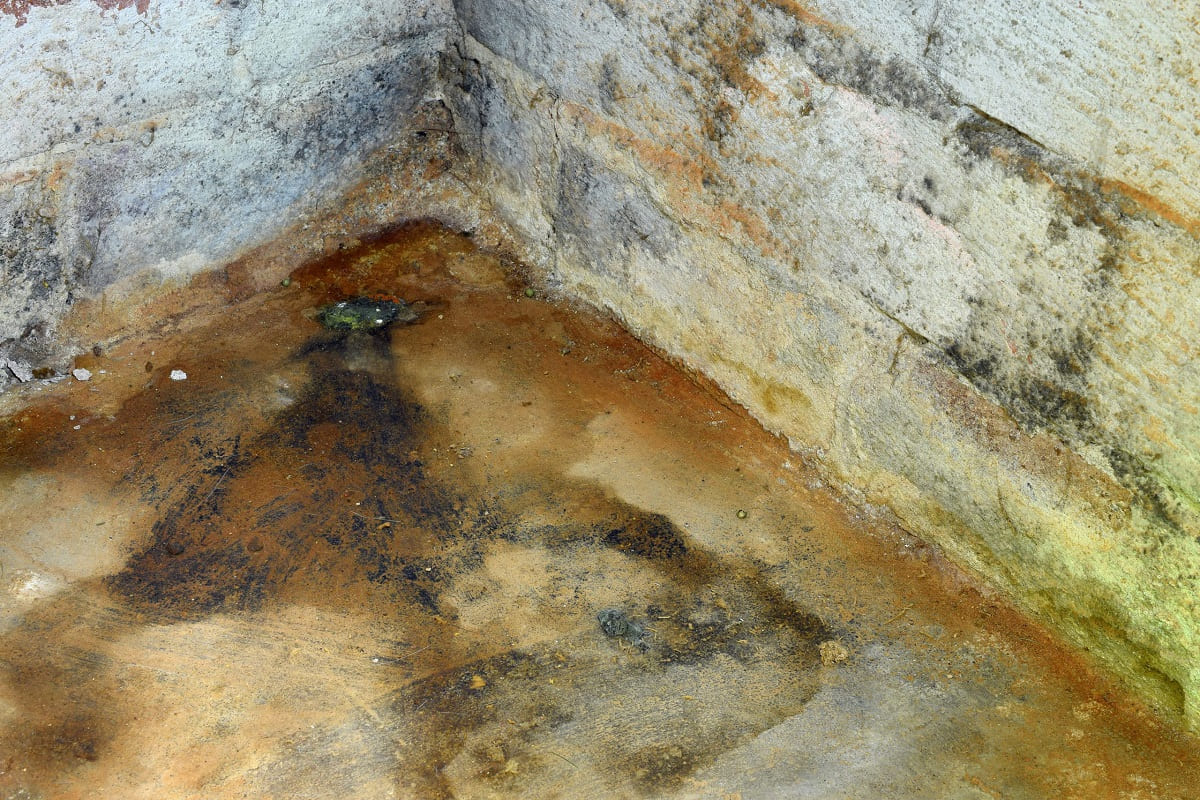
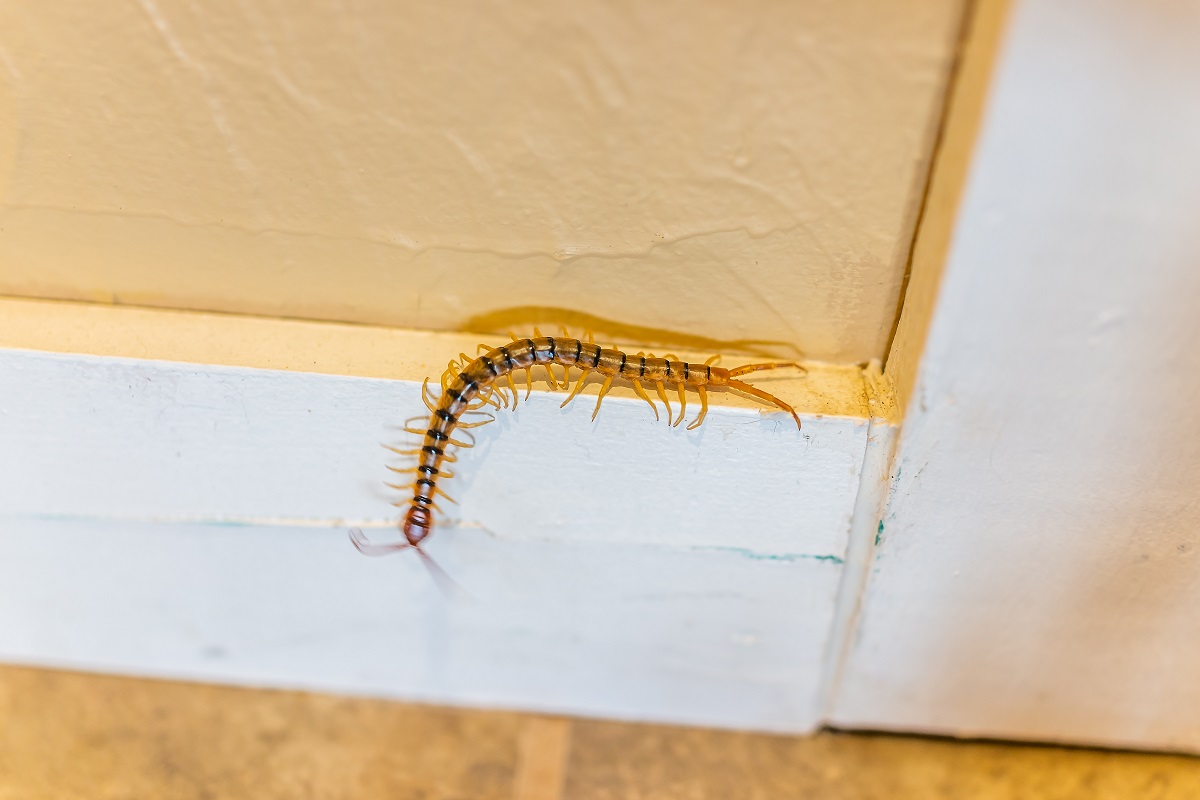

0 thoughts on “How To Get Rid Of Ants In Basement”